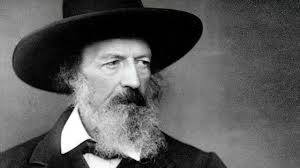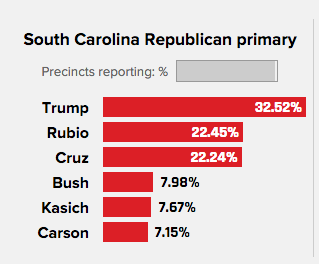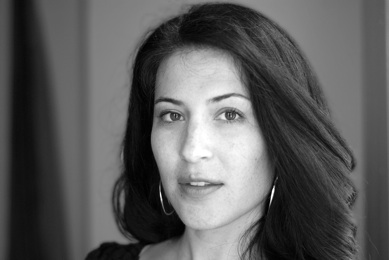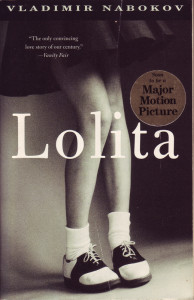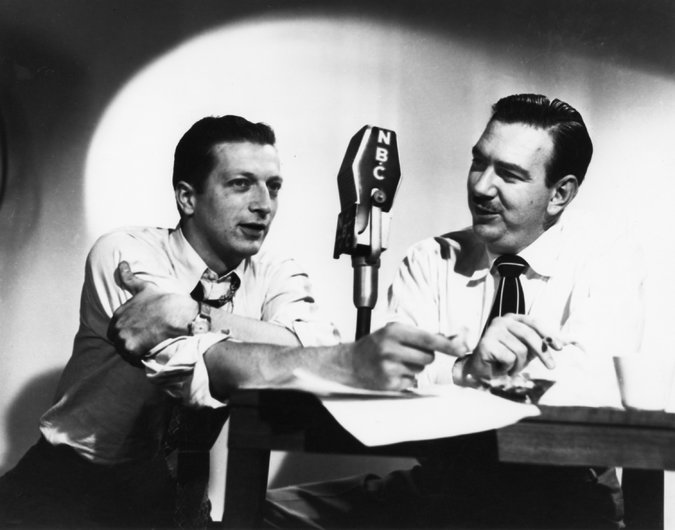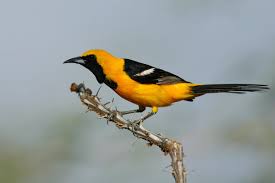 This week, I have read two passages with very opposing points of view. The first from a book by Claudia Rankine, called Citizen. Here’s a fairly typical excerpt:
This week, I have read two passages with very opposing points of view. The first from a book by Claudia Rankine, called Citizen. Here’s a fairly typical excerpt:
“You are in the dark, in the car, watching the black-tarred street being swallowed by speed; he tells you his dean is making him hire a person of color when there are so many great writers out there.
You think maybe this is an experiment and you are being tested or retroactively insulted or you have done something that communicates this is an okay conversation to be having.
Why do you feel okay saying this to me? You wish the light would turn red or a police siren would go off so you could slam on the brakes, slam into the car ahead of you, be propelled forward so quickly both your faces would suddenly be exposed to the wind.
As usual you drive straight through the moment with the expected backing off of what was previously said. It is not only that confrontation is headache producing; it is also that you have a destination that doesn’t include acting like this moment isn’t inhabitable, hasn’t happened before, and the before isn’t part of the now as the night darkens
and the time shortens between where we are and where we are going.”
The second is from After the Parade, by Lori Ostlund: Continue reading “Two points of view” →

